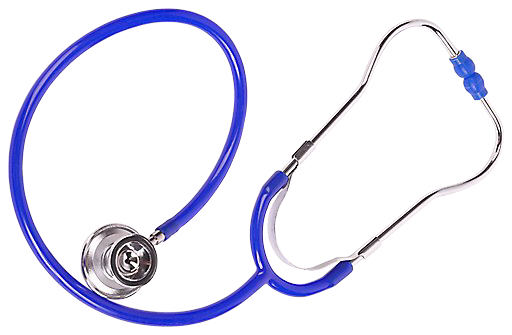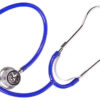Pediatric feeding disorders make it difficult or impossible for a child to eat, drink, or digest food normally, often compromising their health and development.
The limited intake seen in these children reflects concern such as:
Food aversions
Lack of interest in eating or food
Avoidance based on sensory characteristics of food
Fear of choking or other adverse consequences
Serious medical and psychological complications consist of
Severe malnutrition
Growth failure
Marked interference with psychosocial functioning
Watch feeding expert, Dr. Kay Toomey, who has over 30 years of clinical experience assessing and treating children with a wide range of feeding challenges. She will show you clear guidelines to utilize the appropriate therapy approach.
Learn practical therapeutic interventions to use with children from each diagnostic group and ways to improve family meal routines and increase children’s intake of more nutritious foods
Identify physical, motor, sensory, oral-motor, environmental, nutritional and behavior factors necessary to consider, to properly assess feeding problems.
Delineate differential criteria for determining a child’s diagnosis as a typical eater, picky eater, problem feeder or a child with ARFID.
Learn when to refer to a specialist for additional treatment.


